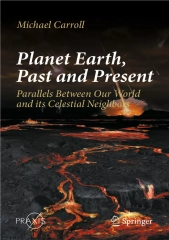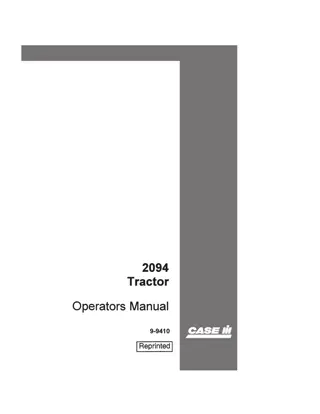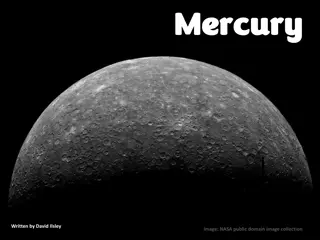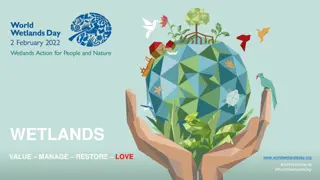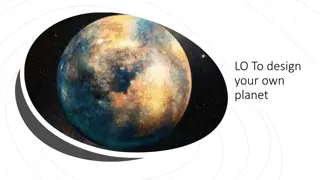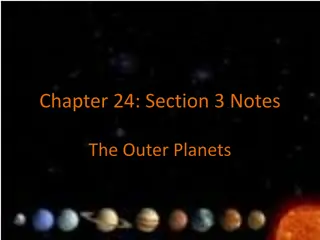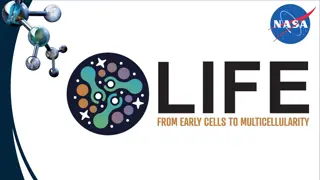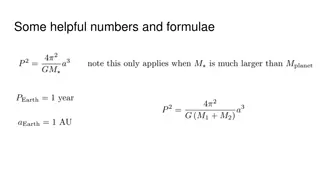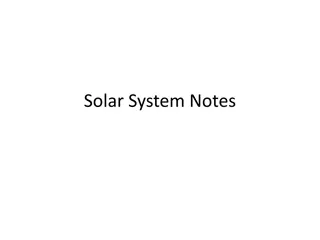Exploring Planet Zorcon in the Year 2094
In the year 2094, as Earth's resources dwindle, a new planet called Zorcon offers hope with abundant resources and a pollution-free environment. Group activities on Zorcon involve resource gathering, categorizing resources as renewable, nonrenewable, or inexhaustible, and planning for sustainable resource use. Join the adventure to Planet Zorcon for an exciting journey in resource management and conservation.
Download Presentation

Please find below an Image/Link to download the presentation.
The content on the website is provided AS IS for your information and personal use only. It may not be sold, licensed, or shared on other websites without obtaining consent from the author. Download presentation by click this link. If you encounter any issues during the download, it is possible that the publisher has removed the file from their server.
E N D
Presentation Transcript
Planet Zorcon Welcome to the year 2094!
Planet Zorcon Gather in groups of 5. Each person needs a job: Project Director (leads the group) Surveyor (travels & collects resources) Data Collector (tallies & records the data) Resource Specialist (instructs as to which resources to collect) Security (guards collected resources) Any extra people? Come see me! You are now the Government Inspectors!
Planet Zorcon Surveyor pick up a Resource Inventory sheet. Data Collector write the names of all group members on the sheet by their roles.
Planet Zorcon Now, as a group, decide whether the resources on your Resource Inventory sheet are: RENEWABLE NONRENEWABLE INEXHAUSTIBLE Now fill in the third column.
Planet Zorcon The year is 2094. Most of Earth s resources have been depleted, and nearly all water is polluted. A new planet, Planet Zorcon, has been discovered that has plenty of resources and is completely pollution-free.
Trip 1 to Planet Zorcon Surveyors you have 20 seconds to gather as many resources as you can. You may only collect one resource at a time! Pick up each resource with the spoon, and put it in your cup. When done, your group will count the resources, and the Data Collector will record the results.
Trip 2 to Planet Zorcon Before going, decide as a group what you want your Surveyor to collect. Again, collect only one at a time using the spoon. Collection time is 20 seconds. Return and record the data as before. Project Director lead a discussion with your group on what the group members should do or make with the resources. Write their ideas on the back of the Resource Inventory sheet. Outline a plan for how to best use renewable, nonrenewable, and inexhaustible resources and what to collect on the next trip.
Trip 3 to Planet Zorcon You will have only 10 seconds this time! The Resource Specialist will accompany the Surveyor. Both can bring a spoon and all resources must fit in the cup. Pick up one resource at a time on the spoon. Return and record the data.
Trip 4 to Planet Zorcon This is the last time we are going to the planet, and anyone can go! All items must be scooped up with the spoon, and all resources must fit in the cup. Important Info! The unknown mineral (spaghetti) has been identified as a rare mineral with special properties. Water is the largest part of its crystal structure. It absorbs water from the air and then releases pure water when exposed to Krypton gas. The mineral can be used indefinitely. Only pieces that are not broken will count!
Discussion Questions: What did you collect? Why? What challenges did you experience? What role did the government play? How evenly were the resources distributed? What does the new planet look like now? Would you be able to live there? Why didn t anyone think to protect the planet? What careers are there in natural resource management? Are the damages your fault or the government s fault? Did you need a security person? What was your main motivation for the last trip? Which resources were most valuable? Why? Can you restore the new planet to its original condition? What resource specialists would be needed?
CONCLUSION: The future of our planet depends on human behaviors we can control and our reaction to things we can t control, such as the weather and earthquakes.
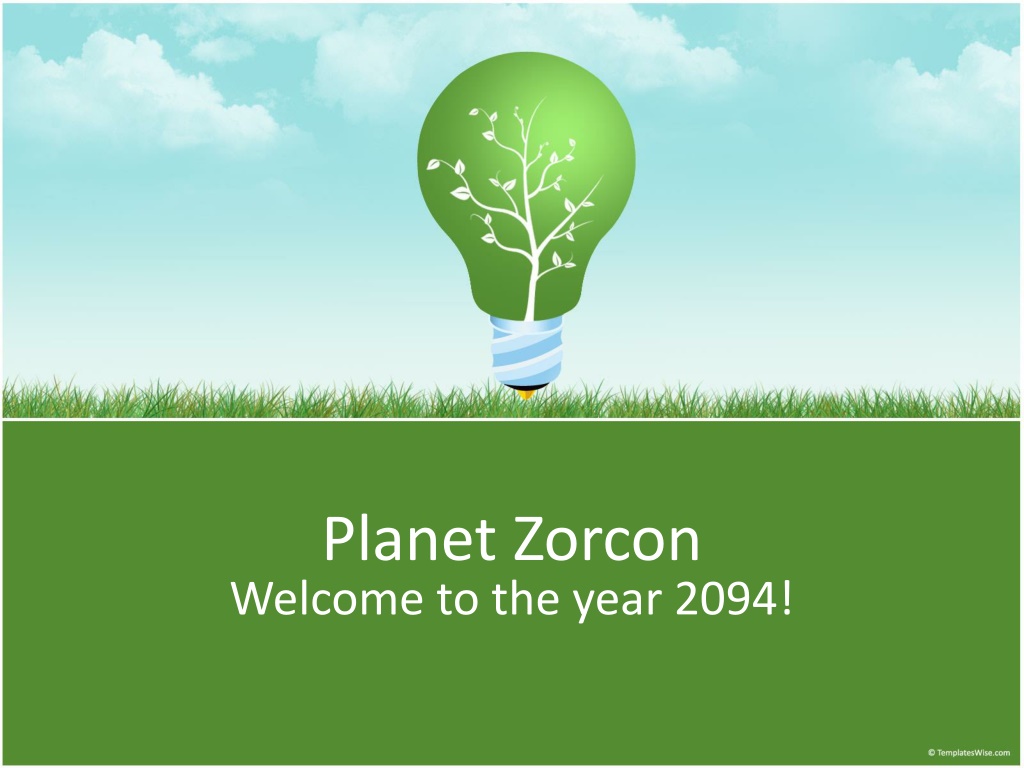

![[PDF⚡READ❤ONLINE] Neptune: The Planet, Rings, and Satellites](/thumb/21522/pdf-read-online-neptune-the-planet-rings-and-satellites.jpg)
![[PDF⚡READ❤ONLINE] Planet Mercury: From Pale Pink Dot to Dynamic World (Springer](/thumb/21549/pdf-read-online-planet-mercury-from-pale-pink-dot-to-dynamic-world-springer.jpg)
